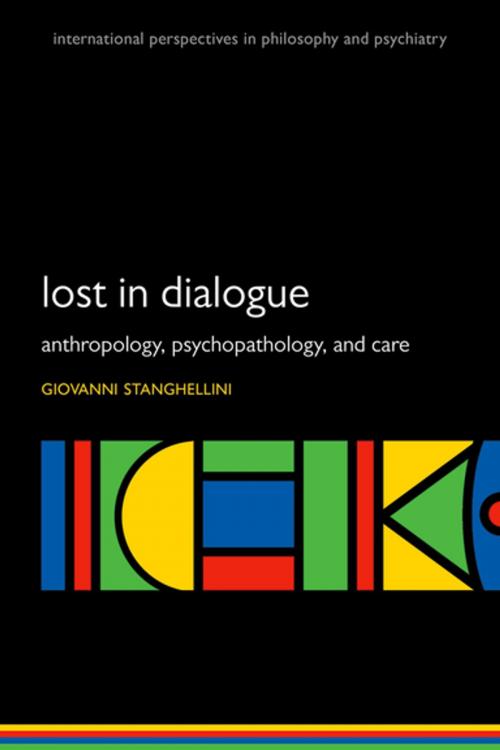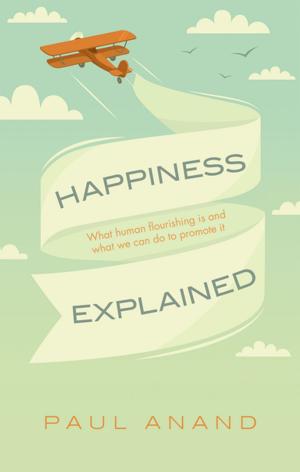Lost in Dialogue
Anthropology, Psychopathology, and Care
Nonfiction, Health & Well Being, Medical, Specialties, Psychiatry, Religion & Spirituality, Philosophy| Author: | Giovanni Stanghellini | ISBN: | 9780192512154 |
| Publisher: | OUP Oxford | Publication: | November 10, 2016 |
| Imprint: | OUP Oxford | Language: | English |
| Author: | Giovanni Stanghellini |
| ISBN: | 9780192512154 |
| Publisher: | OUP Oxford |
| Publication: | November 10, 2016 |
| Imprint: | OUP Oxford |
| Language: | English |
The field of psychiatry has long struggled with developing models of practice; most underemphasize the interpersonal aspects of clinical practice. This essay is unique in putting intersubjectivity front and center. It is an attempt to provide a clinical method to re-establish the fragile dialogue of the soul with oneself and with others. Throughout, the book builds on the assumption that to be human means to be in dialogue. It uses dialogue as a unitary concept to address three essential issues for clinical practice: 'What is a human being?', 'What is mental pathology'?, and 'What is care?'. To be human - it is argued - means to be in dialogue with oneself and with other persons. Thus, mental pathology is the interruption of this dialogue - both of the person with the alterity that inhabits them, and with the alterity incarnated in other persons. Therefore, therapy is a dialogue with a method whose aim is to re-enact one's interrupted dialogue with alterity. Lost in Dialogue provides a method to approximate the Other, to understand its experiences, actions, and in general, understand the world in which it lives.
The field of psychiatry has long struggled with developing models of practice; most underemphasize the interpersonal aspects of clinical practice. This essay is unique in putting intersubjectivity front and center. It is an attempt to provide a clinical method to re-establish the fragile dialogue of the soul with oneself and with others. Throughout, the book builds on the assumption that to be human means to be in dialogue. It uses dialogue as a unitary concept to address three essential issues for clinical practice: 'What is a human being?', 'What is mental pathology'?, and 'What is care?'. To be human - it is argued - means to be in dialogue with oneself and with other persons. Thus, mental pathology is the interruption of this dialogue - both of the person with the alterity that inhabits them, and with the alterity incarnated in other persons. Therefore, therapy is a dialogue with a method whose aim is to re-enact one's interrupted dialogue with alterity. Lost in Dialogue provides a method to approximate the Other, to understand its experiences, actions, and in general, understand the world in which it lives.















